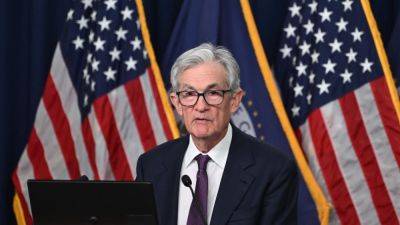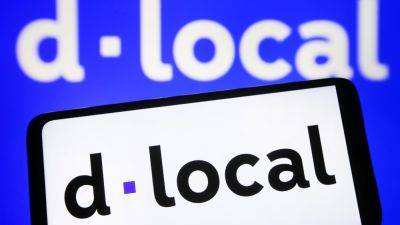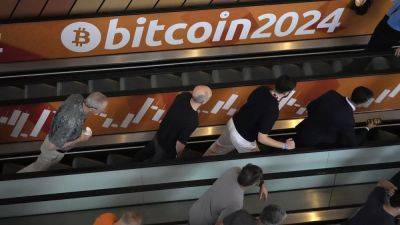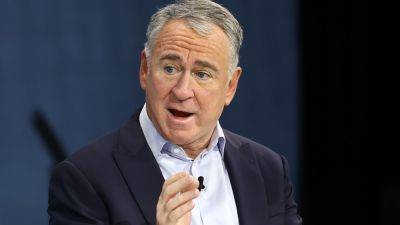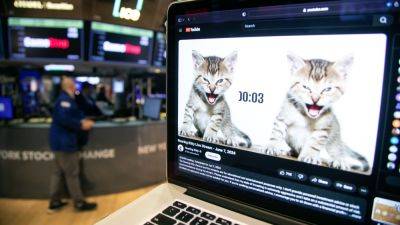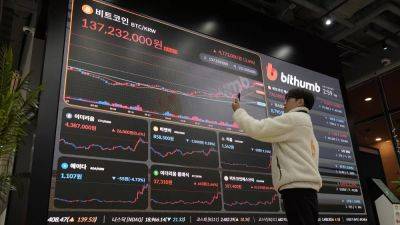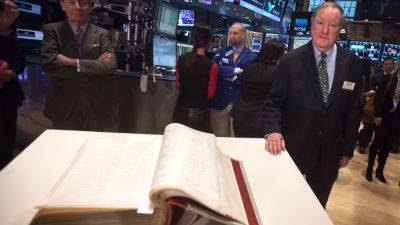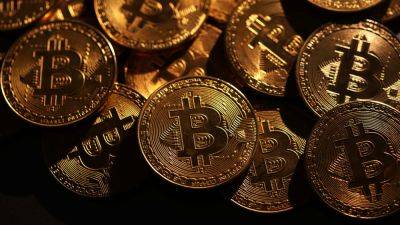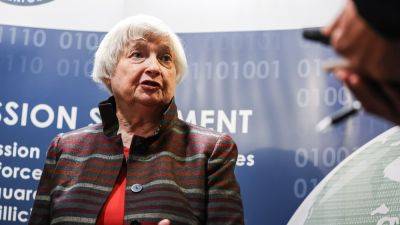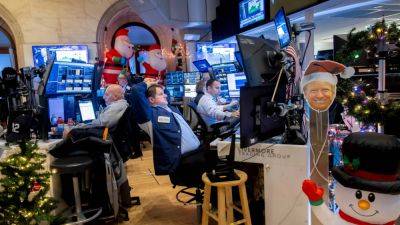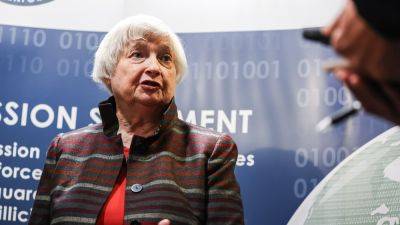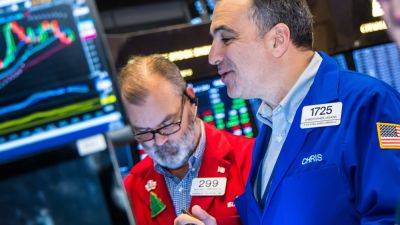Here’s the inflation breakdown for November 2024 — in one chart
Consumers saw inflation pick up slightly in November, as price increases in categories like groceries, gasoline and new cars outweighed a deceleration in others like shelter during the month.
The consumer price index, a key inflation gauge, rose 2.7% last month relative to November 2023, the Bureau of Labor Statistics reported Wednesday. The annual rate was up from 2.6% in October.
«I don't see an acceleration» of inflation, said Mark Zandi, chief economist at Moody's. «But I think it's persistently too strong.»
«It's not like there's any smoking gun saying, 'This is the problem,'» Zandi said. «It's kind of broad-based, a little on the high side everywhere.»
That said, there are reasons for optimism, according to economists.
Namely, consumers can take «solace» that economic trends underpinning inflation, such as moderating wage growth in the labor market, remain positive, Zandi said.
«We still think we're on the overall path of disinflation,» despite the appearance of an inflation «revival,» said Joe Seydl, a senior markets economist at J.P. Morgan Private Bank.
Inflation has pulled back significantly from its pandemic-era peak of 9.1% in June 2022.
The U.S. Federal Reserve aims for a long-term inflation target around 2%. (The central bank uses a similar but different inflation gauge than the CPI, known as the Personal Consumption Expenditures Price Index, or PCE.)
«The bulk of this progress is behind us now and inflation may remain stubbornly sticky near current levels for a time,» Rick Rieder, head of BlackRock's global allocation investment team, wrote in a note Wednesday.
While prices pressures have broadly eased across the U.S. economy, there have been some headwinds in recent months.
Grocery inflation jumped
Read more on cnbc.com
 cnbc.com
cnbc.com